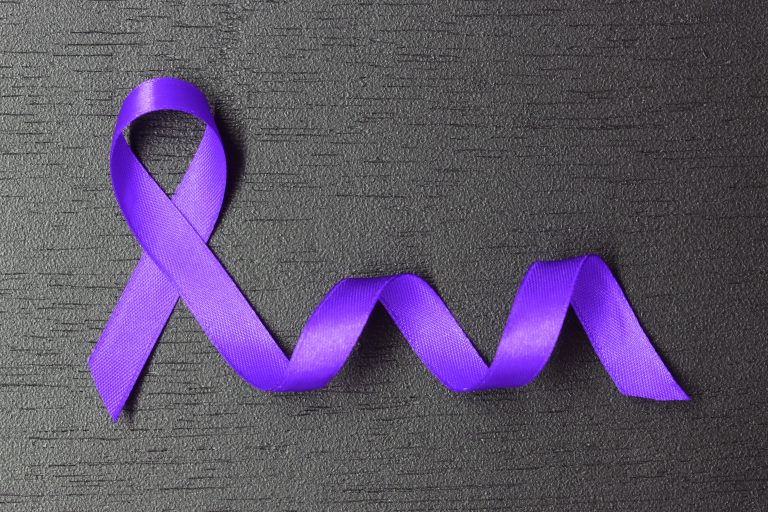A new study led by PhytoHealth Corporation has uncovered promising results for advanced esophageal cancer treatment. The research indicates that combining a proprietary Astragalus extract with standard concurrent chemoradiotherapy (CCRT) significantly boosts survival rates and tumour response in patients with advanced stages of the disease.
The study, involving 38 participants with stage IIb to IIIb esophageal cancer, compared outcomes for those receiving CCRT alone with those receiving CCRT combined with PG2®, an extract derived from Astragalus membranaceus roots. The results suggest that the combination therapy offers notable advantages over the standard treatment.
Significant Improvement in Survival Rates
Patients who were treated with PG2 alongside CCRT experienced a considerable increase in overall survival rates compared to those who received only the standard therapy. The addition of PG2 also led to a higher objective response rate in terms of tumour reduction. These findings point to the extract’s potential in not only extending patient survival but also enhancing the effectiveness of conventional treatments.
Dr. Wen-Chieh Huang, Chief of Division of Thoracic Surgery at Mackay Memorial Hospital in Taiwan and Principal Investigator of the clinical trial, highlighted the breakthrough nature of these findings. “PG2 has the potential to become a valuable addition to the standard treatment regimen, and can achieve improved patient outcomes,” said Dr. Huang. The data will be presented at the 2024 ESMO Congress.
Enhancing Treatment and Immune Response
Dr. Huang’s research reveals that PG2 helps modulate the tumour immune microenvironment (TIME), which strengthens the immune system and aids in tumour suppression. This is significant as it addresses a key challenge in treating esophageal cancer: the limited options and high recurrence rates associated with the disease.
The study also demonstrated that PG2 reduced inflammation markers in the blood and decreased the differentiation of macrophages towards the M2 type, which is often associated with tumour progression. Additionally, the incorporation of PG2 has been shown to help patients complete their full courses of cancer treatment, an important factor given the rigorous nature of such therapies.
A New Hope for Esophageal Cancer Patients
Esophageal cancer remains a formidable challenge due to its high recurrence rates and traditionally poor survival outcomes. However, PG2’s promising results offer a glimmer of hope. Previously approved by the Taiwan Food and Drug Administration for cancer-related fatigue (CRF), PG2’s new application as a treatment enhancer could transform the standard approach to managing this aggressive cancer.
As the field continues to grapple with the complexities of esophageal cancer, this research provides a valuable new avenue for improving patient care and outcomes. With the presentation of these findings at an esteemed international congress, the study’s impact on future treatment strategies is anticipated to be substantial.



